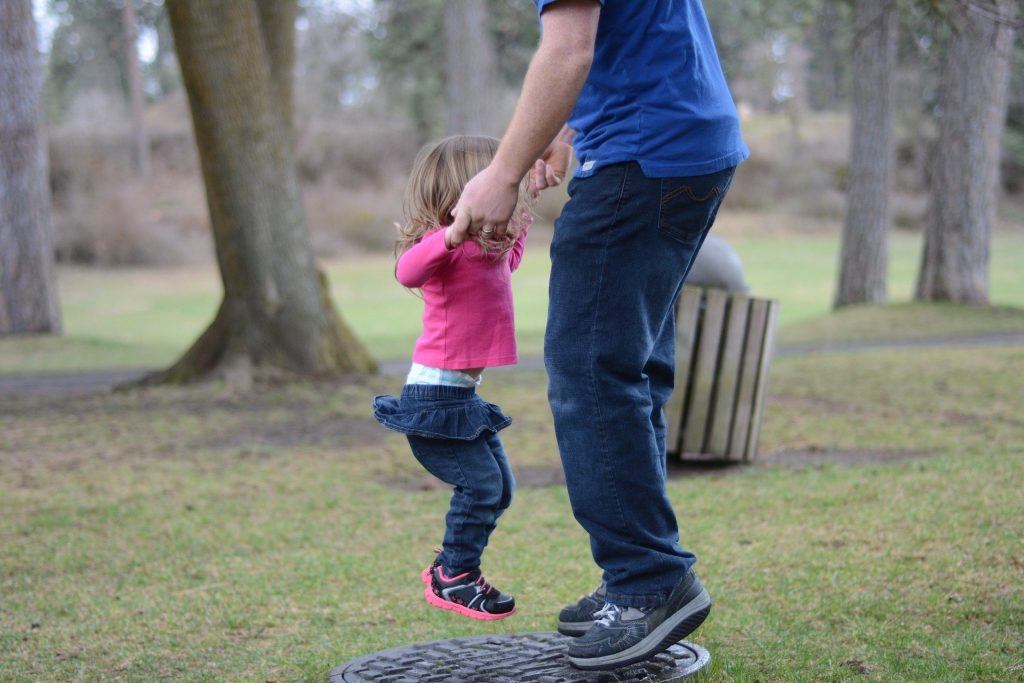Who Has Standing to Apply for Custody in NC: Part 2, Unfitness of Parents
By: Jennifer A. Crissman, Attorney, Woodruff Family Law GroupAs contentious custody cases in the Piedmont progress, it is likely that a parent may be called “unfit.” In a legal context, this word has a specific meaning, and drastic consequences should the court find a parent unfit. In this second installment on standing to apply for custody, we will examine how a parent’s rights are affected when there is an allegation of “unfitness.” Continue reading →
 North Carolina Divorce Lawyers Blog
North Carolina Divorce Lawyers Blog







